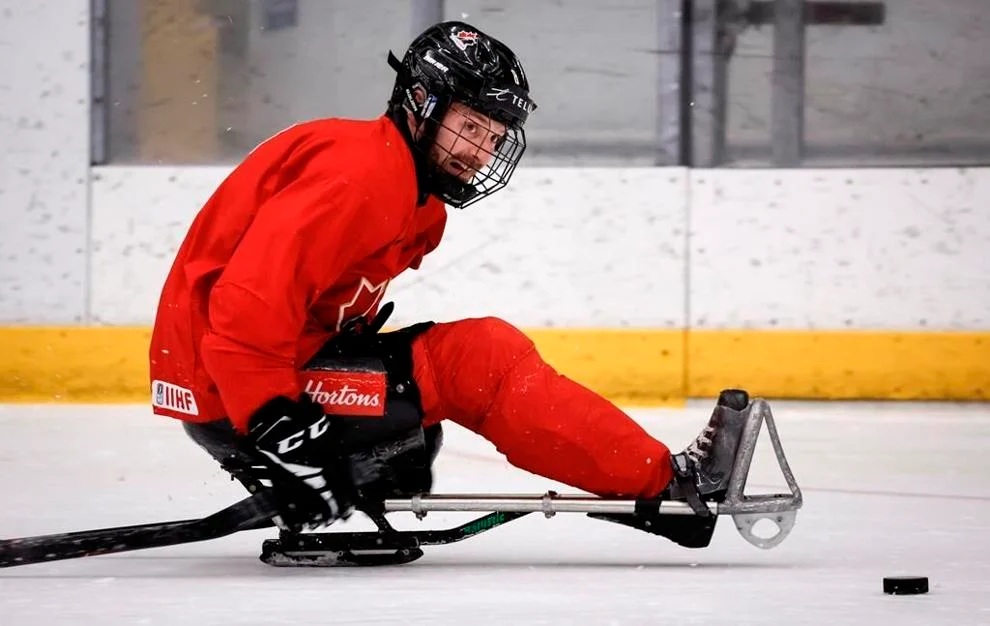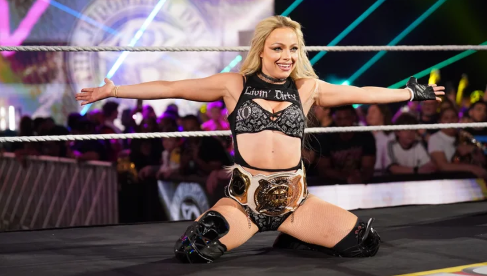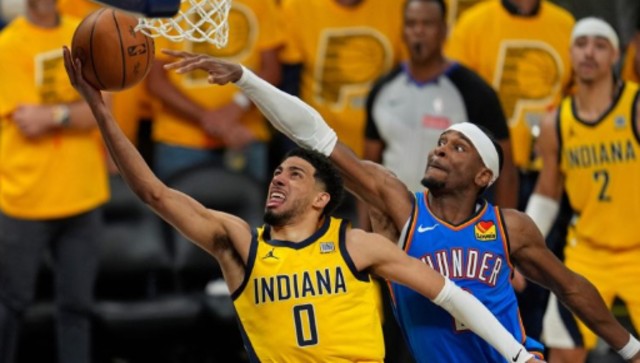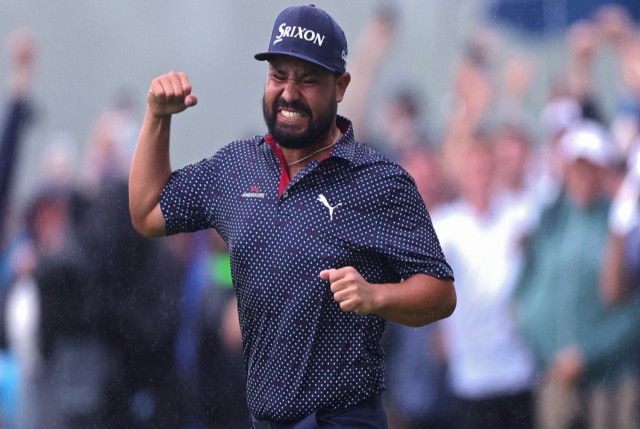
Team Canada forward Tyler McGregor, of Forest, Ont., controls the puck during a practice ahead of the World Para Ice Hockey Championship in Calgary, Tuesday, April 30, 2024. THE CANADIAN PRESS
In Calgary, Canada's para hockey team is gearing up for another shot at claiming a world championship title on familiar turf. Last year, the championship was hosted in Moose Jaw, Saskatchewan, marking Canada's debut as hosts, where they clinched the silver medal, falling short to the United States.
The upcoming 2024 championship, set at Calgary's WinSport Arena, holds special significance for the Canadian team. Forward Tyler McGregor from Forest, Ontario, expressed gratitude for the opportunity to compete on home ice once again, emphasizing the familiarity of Calgary, a city where the team frequently trains.
The rivalry between Canada and the United States in para hockey continues to intensify, with the two nations meeting in six consecutive world finals. Despite Canada's historical successes, including a world championship win in 2017, the U.S. has clinched three consecutive titles and secured Paralympic gold in both 2018 and 2022.
Coach Russ Herrington, hailing from Unionville, Ontario, acknowledges the competitive landscape of the tournament, highlighting the importance of not underestimating other formidable teams such as China, Slovakia, and South Korea.
Para hockey, akin to its standing counterpart, features intense physicality, with players navigating hard checks and high elbows, sometimes resulting in players being knocked off their sleds. This aspect of the sport adds an extra layer of excitement for both players and spectators alike.
Formerly held biennially, the world championship has transitioned into an annual event, offering more consistency and predictability for participating teams. Michelle Laflamme, a senior manager at the World Para Ice Hockey Association, notes the benefits of this change, providing athletes with a structured competition schedule for training and preparation.
While para hockey is inclusive of all genders, female representation remains limited, with only four women having competed in the past 12 world championships. Raphaelle Tousignant from Terrebone, Quebec, made history as the first woman to join Canada's team last year. Although not included in this year's roster, she remains in contention for future selections, also contributing to the national para women's hockey team's efforts towards inclusion in the Paralympic Games.
Looking ahead, the growth of women's para hockey hinges on increased participation from more countries and the organization of additional world championships. Laflamme stresses the importance of garnering support from participating nations to pave the way for inclusion in future Paralympic Games.















